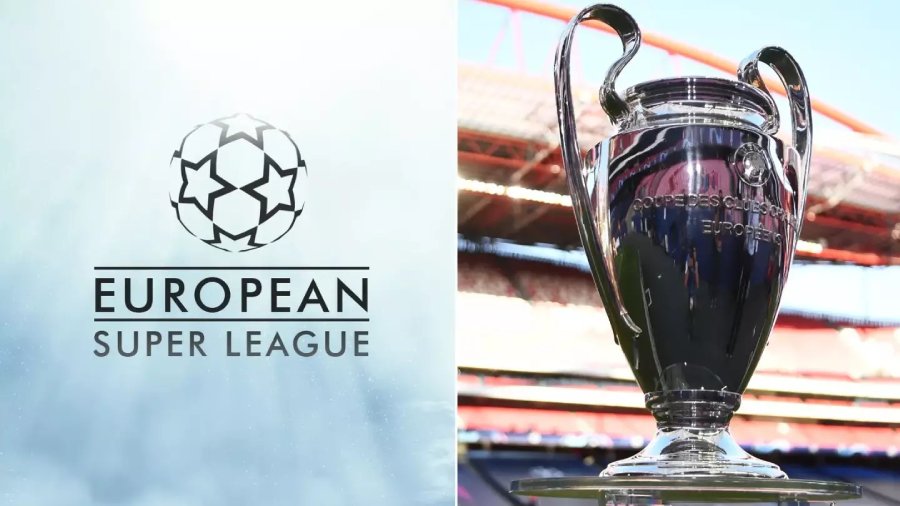

 Español
Español

Over the past eight months, UEFA, A22 Sports Management (the company representing the Super League), and executives from Real Madrid and Barcelona have been holding confidential negotiations aimed at finding common ground. The goal: to evolve the current Champions League format in a way that satisfies all stakeholders and avoids the return of a breakaway Super League project.
These talks have now produced what insiders describe as a “final peace proposal” from the Super League to UEFA — one that includes two major elements:
A free global streaming platform for broadcasting matches.
A revamped competition format, keeping the essence of the Champions League but making it “more spectacular.”
According to the proposal, the 36 qualified clubs — the same number as in the current format — would still qualify through their domestic leagues, but would then be divided into two separate groups.
The top 18 clubs, based on UEFA rankings, would play against each other in the first phase — eight games between Europe’s elite teams.
The remaining 18 clubs (ranked 19th to 36th) would also play eight matches against more evenly matched opponents, determined by draw.
At the end of the group stage, the top eight clubs from the first tier would advance directly to the round of 16, just as they do today. Meanwhile, 16 additional teams — drawn from both groups — would contest a round of 32 playoff, with the ninth-placed team in Group 1 facing the lowest-scoring side in Group 2.
This structure would intensify the first phase, increasing the number of marquee matchups among top-tier clubs while still preserving competitive balance and the possibility for lower-ranked teams to go far in the tournament. The aim is clear: raise the quality, unpredictability, and excitement of Europe’s most prestigious competition.
Crucially, the proposed competition would retain the “Champions League” name but would be distributed via the Super League’s planned streaming platform, UNIFY.
UNIFY is designed to make football more accessible and affordable to fans worldwide. The free version would feature geolocated advertising, while a Premium subscription would offer ad-free viewing. UEFA and the clubs reportedly see this as a modern, more profitable alternative to the current fragmented broadcasting model.
Relations between UEFA and the Super League have reportedly improved dramatically compared to the tensions of 2021. Multiple meetings have taken place, and there is now a climate of cooperation rather than confrontation.
While the agreement has not yet been finalized, the Super League’s latest offer represents a major shift in tone and strategy — a peace offering that could redefine European football’s future.
If approved, the new format would debut in 2027, coinciding with the start of the next Champions League broadcasting cycle. The decision now rests in UEFA’s hands — the ball, quite literally, is in Nyon’s court.
********************************************************
You can now download the Madridista News App for free on the Apple Store and Google Play.
You can follow us on Facebook here.
You can follow us on X (Twitter) here.
You can follow us on Instagram here.
You can subscribe to our YouTube channel here.
You can follow us on Telegram here.
You can follow us on TikTok here.
You can join our WhatsApp channel here.